Families & Stories
Families and Stories: Navigating early childhood delays and disabilities
In these short videos, parents of young children share what has worked for them, what they’ve learned, and what advice they would give to other families.
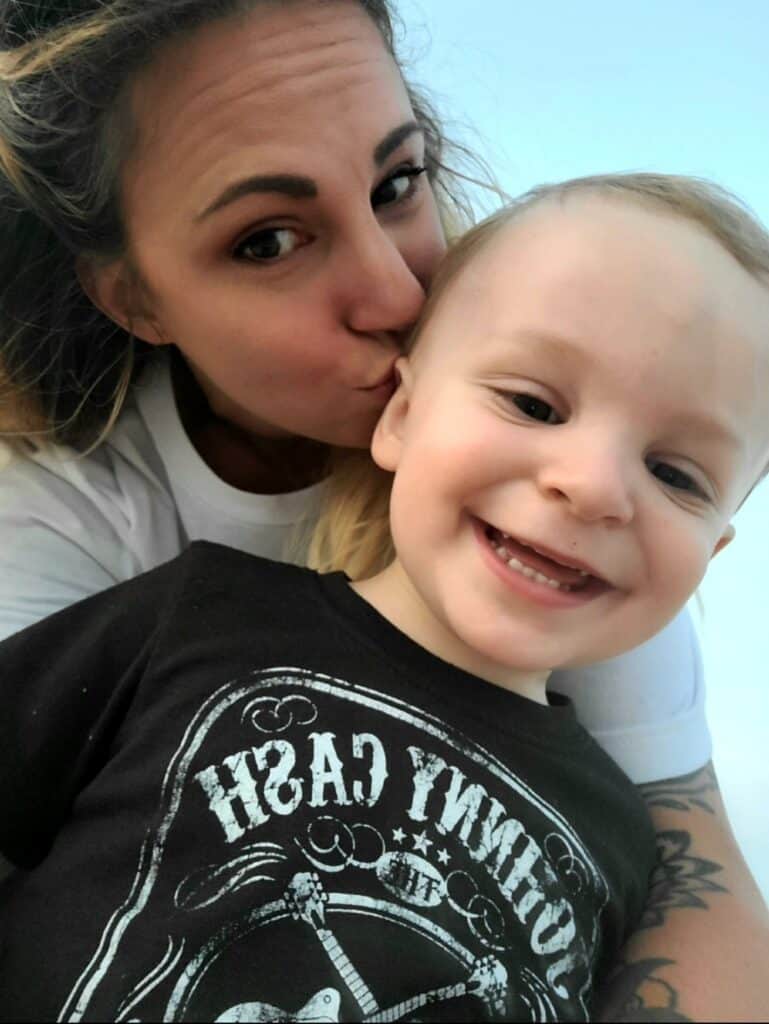
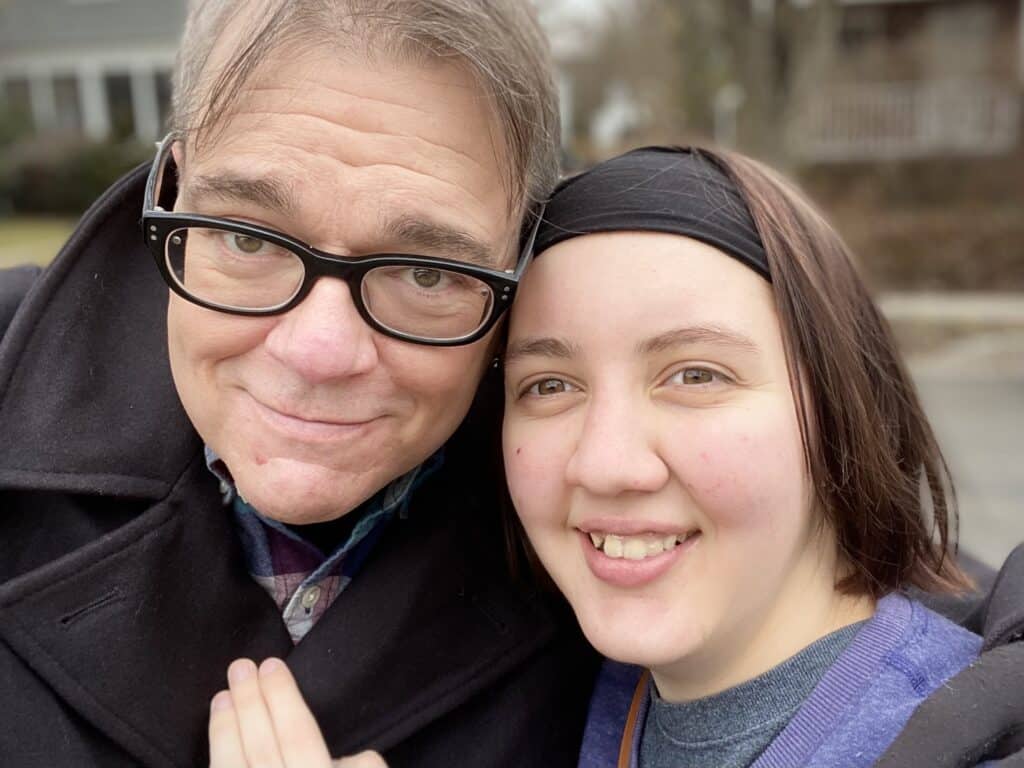
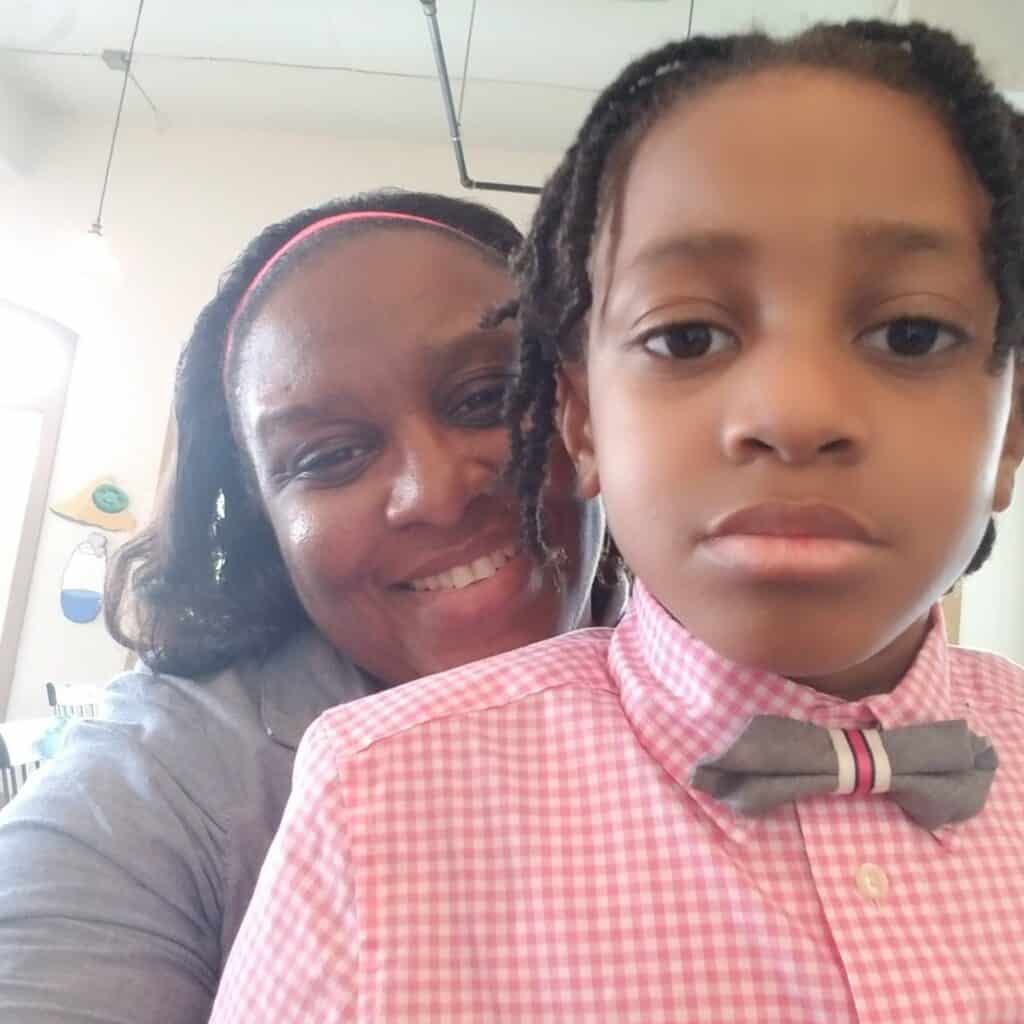
Are you worried about your young child’s development? Here’s everything you need to know, from getting an evaluation to starting preschool.

Maybe your child seems different from other kids their age. Maybe they can’t – or don’t – do things other kids their age do. Maybe you’ve already identified a disability and are figuring out how to navigate this.
You’re a parent. You’re worried. Whether this is your 1st child or your 5th, trust your gut.
We’ll address how you can find out if something is wrong, what it means if your child has a developmental delay or a disability, and how you can support them through the process. And then we’ll give you a timeline to walk you through the steps to get connected to school services at age 3-5.
Step-By-Step Guides
Whether you’ve just noticed your baby isn’t babbling yet or your child just graduated from Early Intervention, we have you covered. We’ll walk you through everything from what to do if you’re concerned about your child not meeting milestones to how to get them ready to start kindergarten.
We’ll let you know how to assess your child’s development, and describe the systems and health care providers that can support your child and your family.
Early Childhood Transition Timeline
If your child has a disability or delay, and they are between 2 and 3 (even if they are not in Early Intervention), it’s time to think about the transition to school or school-based services. Our step-by-step timeline will lay out what to do and when so you and your child will be ready.
Act as soon as you have a concern! You can connect to disability support services no matter how old your child is. Here’s how to get started.
Connect with the school district. The most important step at this age is to connect with your school district and start exploring special education services. Here’s what you need to know.
Get an evaluation from your school district to see if your child qualifies for special education services. Here’s what to expect.
Switch to school-based services. The public school system is required to support children with disabilities starting at age 3. Here’s how to make the switch.
Check progress. When your child is between 3 and 5, you should monitor their services and check progress against their IEP goals. Here’s what to watch for.
Start kindergarten! When your child turns 5, it’s time to start kindergarten. Here’s what to watch for.
When a child does not yet learn or do certain skills that children their age typically do. Common examples: a speech delay, or trouble holding a crayon. Developmental delays can qualify a child for support services like Early Intervention or Special Education. (It’s called a delay until age 9 because children can catch up with the right support. After that it’s called a disability.) Read about assessing a young child’s development or services for children with developmental delays.
When a child or adult cannot do certain things that people their age typically do. It can be a physical or intellectual difference that limits someone’s ability to take care of themselves, starts when they are young, and will probably affect them throughout their life. Read about assessing a young child’s development or services for children with developmental disabilities.
When a child is approved for Early Intervention services, the family and Family Service Coordinator will write up an IFSP. It describes the child’s goals, and the services the child and family will get. More about Early Intervention.
Our blogs, videos, and podcasts offer more perspectives on the joys, challenges, and work of helping our young children move from learning to eat to learning to read and write. We talk about everything from helping your preschooler manage anxiety to navigating the Early Intervention age-out.
Sensory processing issues make it difficult for our brains to process and filter information that comes through our senses. When our kids are overwhelmed or understimulated, it shows up in their behavior. In this podcast, we will talk about how to understand and meet our kids’ sensory needs. Narrated by Christina Kozik; Written by Julie…
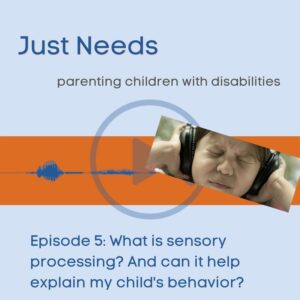
If you’re parenting a child with a disability, you’ve probably seen the term self-regulation. In this week’s podcast, learn what self-regulation is and how improving your ability to self-regulate can help you be a better parent. Narrated by Christina Kozik; Written by Julie McIsaac
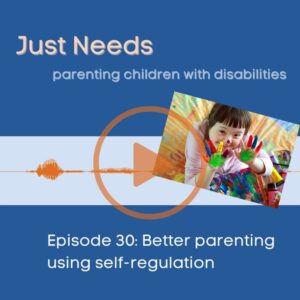
What does it mean if your child is a late bloomer? Hear the stages of child development and the questions you can ask yourself about developmental delays. Narrated by Christina Kozik; Written by Julie McIsaac
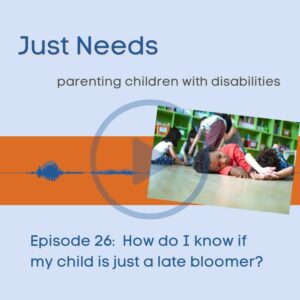
If your child with disabilities has trouble relating and communicating, you’ve seen a lot of meltdowns. Co-regulation can help you get back on the same page.

There’s something about your child passing a milestone that makes you feel like a successful parent. We burst with pride and want to tell the world!
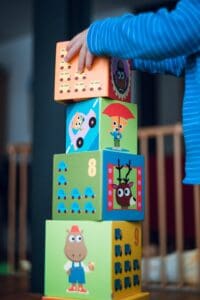
Students with disabilities need services to help them learn. Read about why special education may be important for your child.
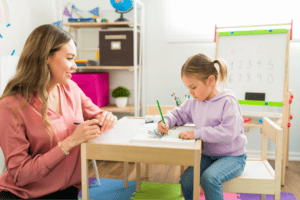
Families & Stories
In these short videos, parents of young children share what has worked for them, what they’ve learned, and what advice they would give to other families.



Navigating fears about your child's development, whether they are hitting milestones, and how to help can be confusing. Here are answers to some of the questions families ask us the most.
Contact usYour first step is to figure out exactly what you are noticing about your child that concerns you. You can talk to others who know your child well and start keeping notes and photos to track how your child is changing over time. Take a look at these 6 steps for assessing your child’s development.
Young children do hit developmental milestones at different times. But if you are concerned about your child’s development, it’s always a good idea to talk to your child’s doctor and ask for a developmental screen. Your child may be just a late bloomer, but if they are delayed, intervening early is more effective than intervening later. Listen to our podcast: How do I know if my child is just a late bloomer?
You don’t have to figure this out yourself! If you are concerned about your child’s development, you can go to your child’s doctor and ask them, or you can call Early Intervention (EI) yourself.
Early Intervention is available in every state and U.S. territory. Find your state’s program or learn more about how Early Intervention can help your child.
You have options! You can appeal Early Intervention’s decision or wait a few months and have your child evaluated again. You can also find other services in your community to support your child and your family. Here are your next steps.